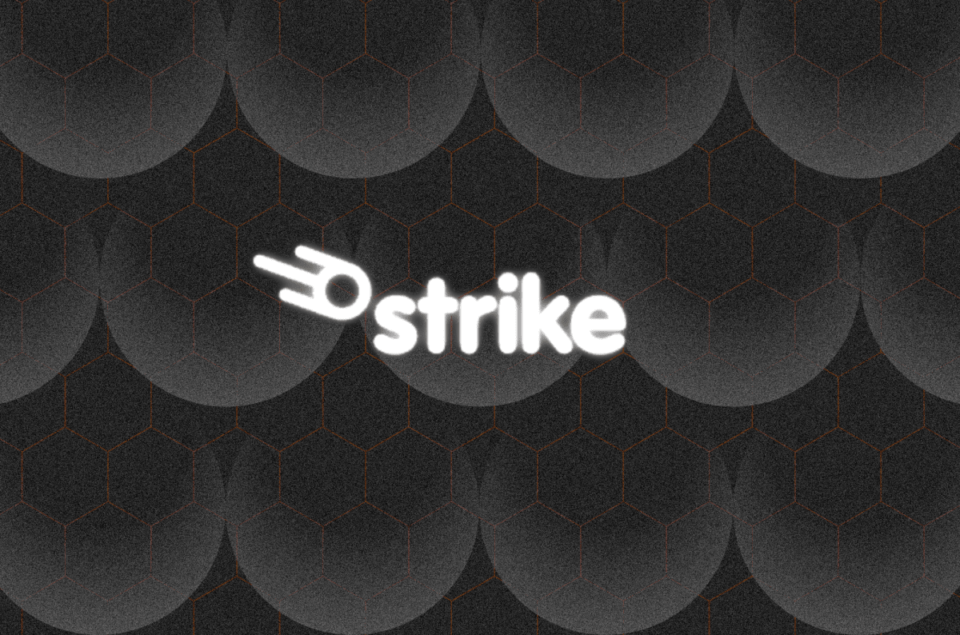The commence of the Lightning payments app Strike in Argentina generated a kind of misunderstanding on Twitter after prospects started downloading and the utilization of it to discover they didn’t ranking an actual Bitcoin pockets. Despite the muddiness, nevertheless, the Strike commence there resembles the identical dynamic the company resorted to in its first iteration in El Salvador, as it additionally makes exercise of the USDT stablecoin to portray U.S. bucks and interacts with Bitcoin and Lightning without maintaining a BTC balance.
Strike’s founder and CEO Jack Mallers flew to El Salvador early final year to help the Bitcoin Seaside neighborhood in leveraging the Bitcoin and Lightning networks to enact financial freedom, completely to glance that it was once unlawful for his app to custody U.S. bucks on behalf of a user. He outlined to “What Bitcoin Did” host Peter McCormack that Strike, which leverages bucks and Bitcoin and Lightning to permit rapid, cheap price transfers worldwide without intermediaries, had to resort to the utilization of Tether’s USDT to enact frequent, minimal-viable-product functionality in El Salvador. Handiest after El Salvador handed the Bitcoin regulation was once Strike in a position to pivot away from the utilization of the stablecoin.
“Tether was once fraction of the thought on the beginning on account of it had to be, on account of I didn’t get a preference,” Mallers acknowledged on the podcast.
In the same vogue, financial establishments in Argentina additionally face elevated regulatory scrutiny in terms of maintaining U.S. buck balances because the nation attempts to curb buck outflow. In November, Bloomberg reported that Argentina’s central bank had imposed unique restrictions and prohibited banks from maintaining get dangle of money buck positions on the cease of a trading day.
The U.S. buck is core to Strike’s industry model for the explanation that platform differentiates between bitcoin the asset and Bitcoin the network. The payments app seeks to leverage Bitcoin, the network, to permit rapid and virtually-free despicable-border financial transactions in a world plagued with inefficient global price rails.
“I contemplate there needs to be a conceptual division between bitcoin the asset … and Bitcoin the network,” Mallers informed CNBC in August, at the side of that “we can … exercise the Bitcoin financial network below the hood to attain all the pieces more cost-effective, greater, faster.”
“So at Strike, we would possibly help you exercise this infrastructure rail with your Hurry checking memoir or your Visa debit card without making you exercise and exercise bitcoin, the asset,” he informed CNBC. “We are going to search a kind of disruption with Bitcoin, the financial network.”
In Argentina, Strike is doing true that — leveraging the Bitcoin network, and USDT, to permit more cost-effective and faster payments within the community and internationally without requiring users to exercise their bitcoin.
Strike enables Bitcoin transactions and Lightning payments without requiring (or permitting) users to straight touch bitcoin by shopping BTC and transacting it thru Lightning on their behalf. And based totally totally on the app’s phrases of service, a user’s USDT balance in Argentina is held within the custody of cryptocurrency alternate Bittrex Global.
On the assorted hand, U.S. prospects get obtained a batch of original aspects, at the side of the skill to buy bitcoin and to ranking paid in bitcoin. It is unclear when these functionalities would be available for users out of doors the United States.
Strike did no longer answer to a demand for bellow.


